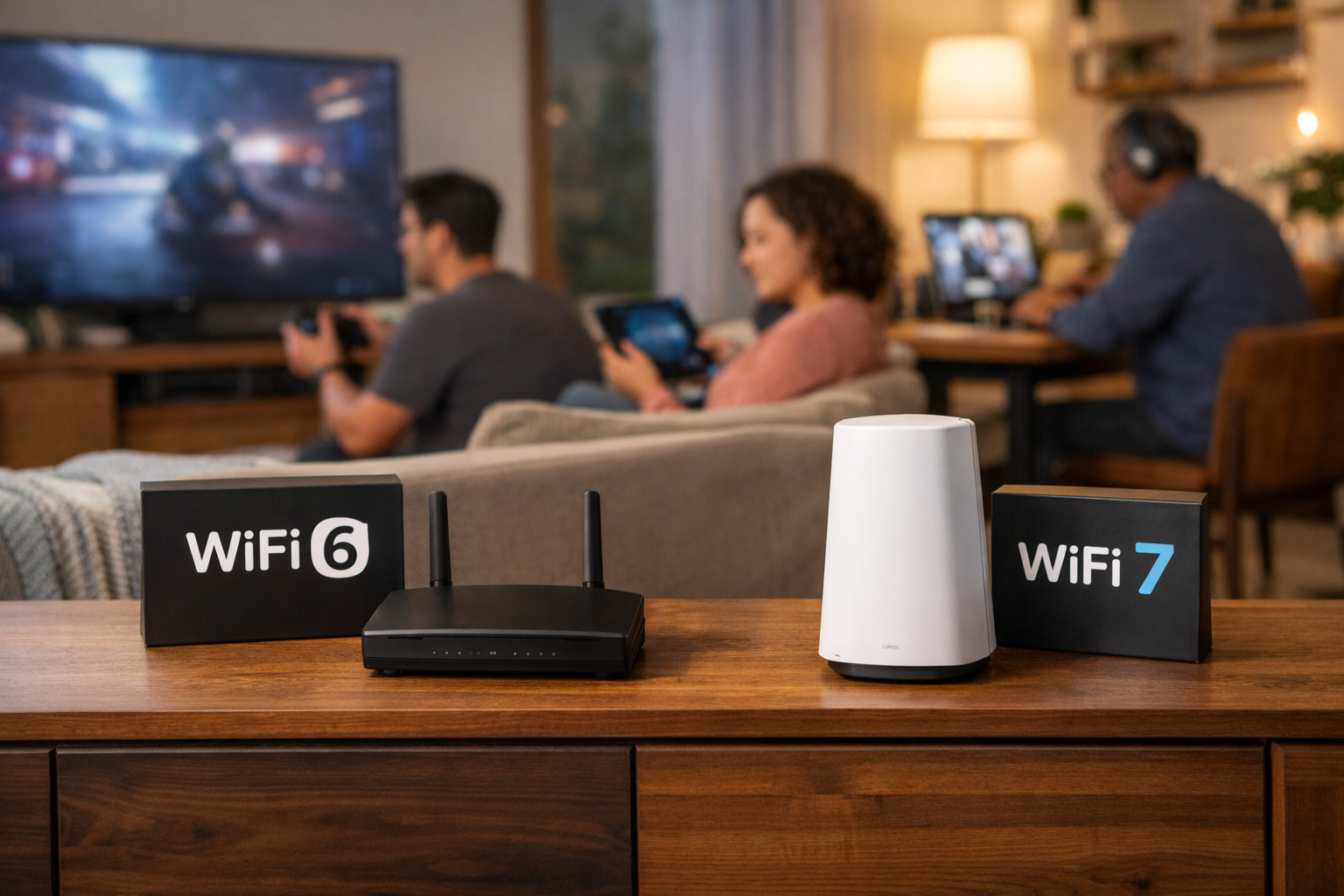Virtual reality has recreated the video game experience. Thanks to VR headsets and super-fast internet, players can fully immerse themselves in the world of their game. But the potential of VR lies far beyond the gaming industry. The technology is changing how we work, design, teach, and use social media.
Virtual reality is even changing how we treat and understand mental health. Therapists are using VR to help patients overcome fear, manage anxiety, and reduce depression. But what exactly is virtual reality? And how can it help?
What is virtual reality?
Virtual reality is a computer-generated environment that simulates a real experience. Wearable technology like headsets and lenses create three-dimensional images, which respond to users’ head motions, generating a 360-degree landscape. The resulting effect is an immersive picture, one that closely matches how we view reality.
These devices break the barrier between the gamer and the game. So how are they transforming therapy? Virtual reality provides an innovative solution to a number of mental health conditions.

Virtual reality for mental health
According to the World Health Organization, one in eight people struggle with a mental health disorder. But many don’t have access to professional help. This is why virtual reality programs —along with developments like wellness apps and telemedicine — are becoming more popular.
Virtual reality makes it easier for people to share their feelings. Researchers found that people were more comfortable talking about negative experiences in a virtual setting as opposed to live therapy.
Applications of virtual reality
As VR technology becomes more affordable and user-friendly, health professionals are seeing the benefits of virtual reality therapy. VR developments are treating addiction and depression while teaching mindfulness and compassion. So, how can virtual reality help you?
Overcome phobias and trauma
Virtual reality is a fantastic tool for exposure therapy, which involves exposing patients to triggering events. Instead of talking about their anxiety or avoiding it entirely, patients learn to confront their fears head on. This helps them heal from anxiety and trauma.
Virtual reality is a safe and controlled environment for people who are fearful or traumatized. Using VR, patients can revisit a trigger situation. As they do so, they discover the perceived threat is not as dangerous as their brain leads them to believe. They overcome their phobias in a virtual setting, which filters into the real world.
Manage anxiety and stress
Mindfulness can reduce anxiety and stress by helping us stay in the present moment and quiet our racing thoughts. Mindfulness can be obtained through meditation, breathing techniques, and exercises like yoga.
Despite the benefits, it can be hard to meditate effectively. It’s easy to become distracted and impatient, overwhelmed by the busy world and worried thinking. Virtual reality addresses this challenge by allowing people to escape from reality and enter into a peaceful setting. VR meditation programs can help people relax through breathing exercises and calming visuals.

Treat depression
A common symptom of depression is anhedonia, which is the inability or disinterest in feeling pleasure. Anhedonia makes it difficult for people to leave the house and participate in the outside world.
This is where virtual reality comes in, by targeting positive feelings and bringing the outer world to the person. With virtual reality, cancer patients can travel to exotic destinations. People with chronic depression can experience a pleasant stroll while listening to beautiful music. By creating happy feelings and pleasurable experiences, VR is a promising approach to treat anhedonia in depressed patients.
Manage addiction
Forty to sixty percent of people with addiction experience a relapse, despite available treatments. Overcoming addiction can be difficult, especially when certain triggers arise. This is where virtual reality can help.
Substance abuse triggers are personal and vary for every individual. With virtual reality, people can re-visit specific scenarios that set off a need to use substances. Learning to cope in a virtual setting prepares them for the real world. The confidence they gain then empowers them to resist cravings and control their addiction.
Increase empathy
Virtual reality allows us to see the world from other perspectives, and this makes it a powerful tool for developing empathy. Closely linked to mental health, empathy reduces feeling of loneliness by allowing us to connect better with others.
In 2022, researchers used VR to replicate symptoms of schizophrenia for the participants. The experience increased their empathy for people with this commonly misunderstood illness. Virtual reality is also used to help individuals understand domestic abuse and sympathize with survivors, bringing the social issue closer to home.
Virtual reality and fiber internet
Virtual reality is shaping the future of mental health. The technology is improving therapy outcomes and making treatment more accessible. VR therapy requires a fast and reliable network, like Quantum Fiber. With speeds up to 940 Mbps and a 99.9 percent reliable* network, Quantum Fiber internet makes the future of virtual reality therapy possible. In today’s digital world, how could technology help you?
*Based on network uptime or availability.








